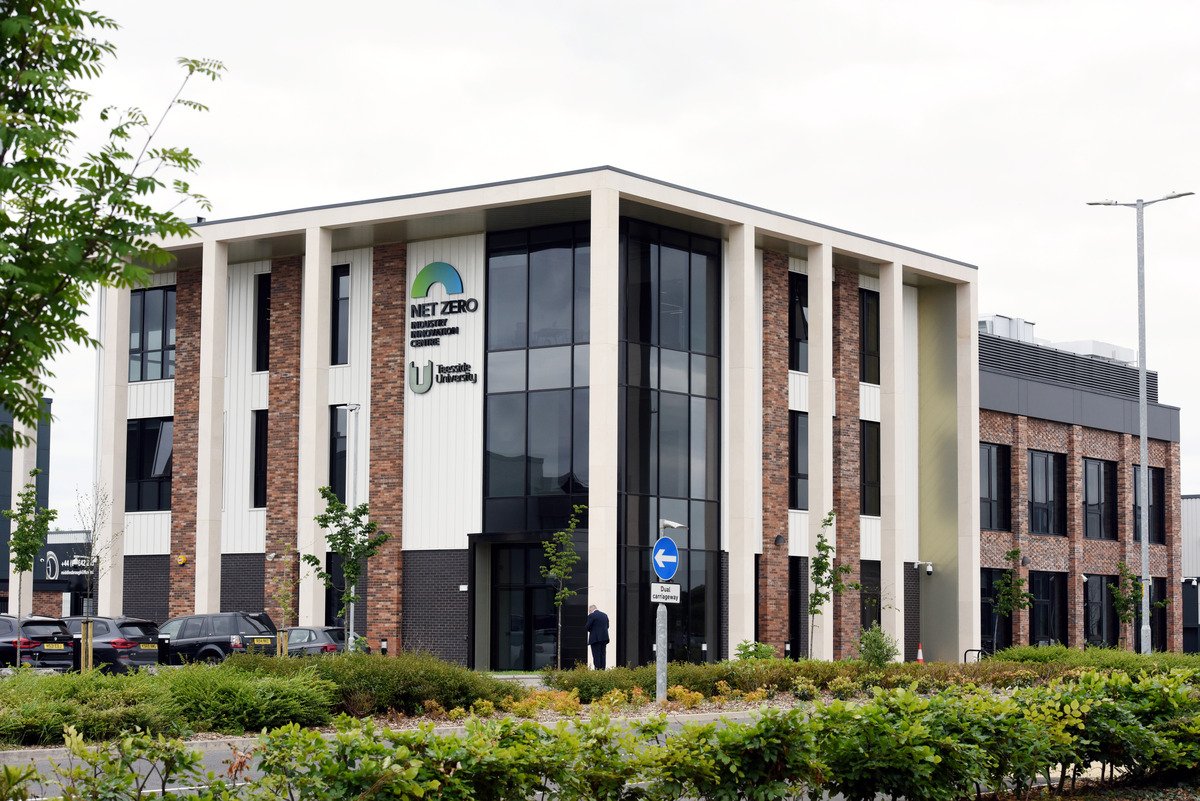Location: North East
Teesside University prides itself on its long-standing and wide-ranging relationships with industry. It values in delivering excellence in learning, research, and enterprise, fostering creativity, enterprise and innovation, and embracing diversity, and actively opposing prejudice amongst others. Its School of Computing, Engineering & Digital Technologies has two key research centres namely, the Centre for Sustainable Engineering, and The Centre for Digital Innovation.
Some of the research activities are focussed on the decarbonisation of industry and society, using engineering approaches spanning the disciplines of electrical and electronic engineering, instrumentation and control engineering, chemical and materials engineering, civil engineering, computational mechanics, robotics, virtual reality, artificial intelligence, and biomechanics etc.

Key strengths and unique capabilities
- Design of novel power converter topologies
- Soft switching in power converters
- Digital Twins for power convert Converters
- Condition monitoring and fault detection
- Real-time adaptive and digital control of power electronic converters
- Signal processing algorithms and AIs for power electronic converters
- Power Converter components optimization.
- Li-ion battery prognosis/Diagnosis and Non-Destructive Testing techniques.
- Reliability and condition monitoring of Power Electronic Devices.
- IGBT and MOSFET structural design, material suitability, thermal control, thermal management, and thermo-mechanical response.
- Thermal stress analysis on electronic components
- Novel Soft and Hard Magnetic Materials/Composites
- Parametric modelling for high frequency (10kHz to 100MHz) magnetics
- Alternatives to Conventional Lamination Materials and Manufacturing processes
- High performance Coatings, Impregnation and Encapsulation materials/systems for electrical machine windings and other components.
- Real-time adaptive and digital control.
- Machine learning and AIs for condition monitoring, fault detection and control.
- Dynamic and multi-parametric programming for finite input set Model Predictive Control.
- Advanced sensor-based controls for automotive applications.
Equipment
Characterisation of thermal properties and performance of materials from room temperature up to 1500 degree centigrade

